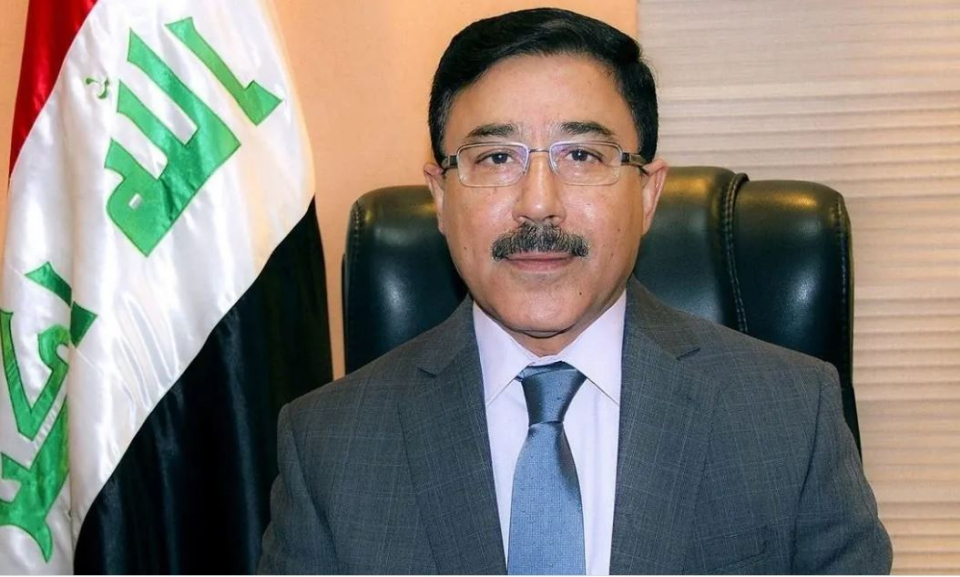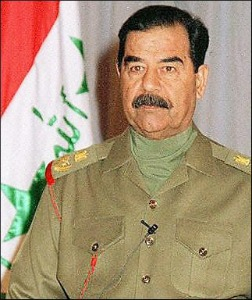The head of Iraq's central bank has announced that, starting in 2024, all transactions within the country will exclusively use the Iraqi dinar, except for those related to travelers. This move comes as the value of the dinar continues to weaken against the official dollar exchange rate.
The depreciation of the Iraqi dinar against the US dollar has been ongoing for several months, leading to rising prices for essential goods like food and energy, which has posed challenges for many Iraqis living in difficult economic conditions.
Iraqi authorities hope that the prohibition of dollar transactions within Iraq will help bolster the dinar's strength.
The depreciation of the dinar has been attributed in part to the smuggling of dollars out of Iraq, particularly to neighboring Iran.
The Central Bank Governor of Iraq, Ali Mohsen al-Alaq, noted that most businesspeople have transitioned to official conversion channels, where one dollar is exchanged for 1,320 Iraqi dinars. This shift has played a role in "reducing the inflation rate," according to Alaq.
The Iraqi federal budget for 2023, 2024, and 2025, approved in June, set the exchange rate at $1 to 1,300 Iraqi dinars.
Currently, the exchange rate for dollars stands at around 1,530 Iraqi dinars in Iraq and the Kurdistan region's currency markets.
In September, a US Treasury official warned Iraq's central bank to further combat fraud, money laundering, and sanctions evasion related to Iran. The US, with over $100 billion in reserves held in the country, holds significant influence over Iraq's economy and banking system.
In July, the US Treasury imposed sanctions on fourteen Iraqi private banks, accusing them of facilitating transactions that sent US dollars to Iran, a move aimed at harming Iran's economy through sanctions. These banks have been banned from conducting dollar transactions but can still engage in transactions involving other currencies.
About one-third of Iraq's 72 banks are now prohibited from facilitating dollar transactions, as eight had previously been banned.
Under US pressure, Iraq's central bank implemented stricter regulations in 2022 to prevent dollars from reaching Iran. Bank clients wishing to transfer dollar funds must apply through an online platform and provide detailed information about the recipients before a transfer is approved.
These sanctions represent the latest attempt by the US to exert control over Iraq's economy, negatively affecting the country that the US invaded and occupied in 2003. This includes efforts to block Iraq's payments for Iranian natural gas, leading to power outages during Iraq's scorching summers.
Since 2003, all Iraqi oil revenues have been deposited in an account with the US Federal Reserve, allowing the US to further control Iraq's economy and pressure its government. Critics have argued that the US effectively holds Iraq hostage through the dollar.
Despite the formation of an ostensibly sovereign government in Iraq after the US invasion, the country is still unable to open accounts for its oil earnings outside the US. Iraq's oil funds, which exceeded $90 billion in 2022, remain in a single account at the New York Fed, the same institution that blocked Afghanistan from accessing its foreign reserves two years ago, plunging the nation into a severe crisis.

















